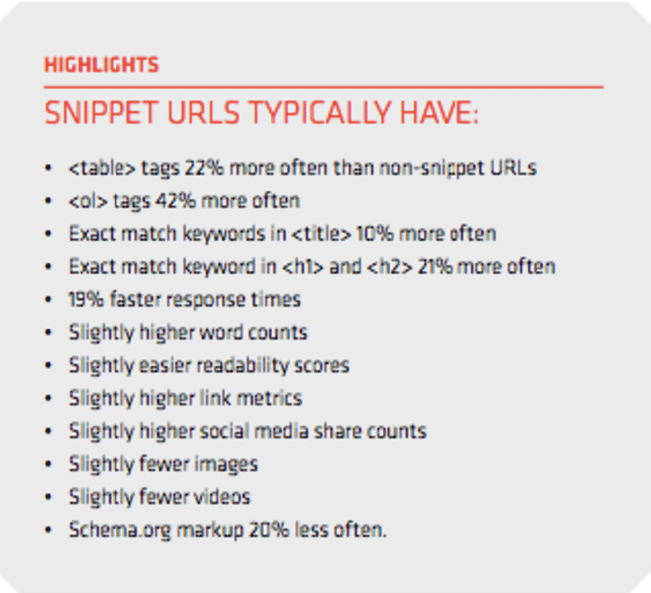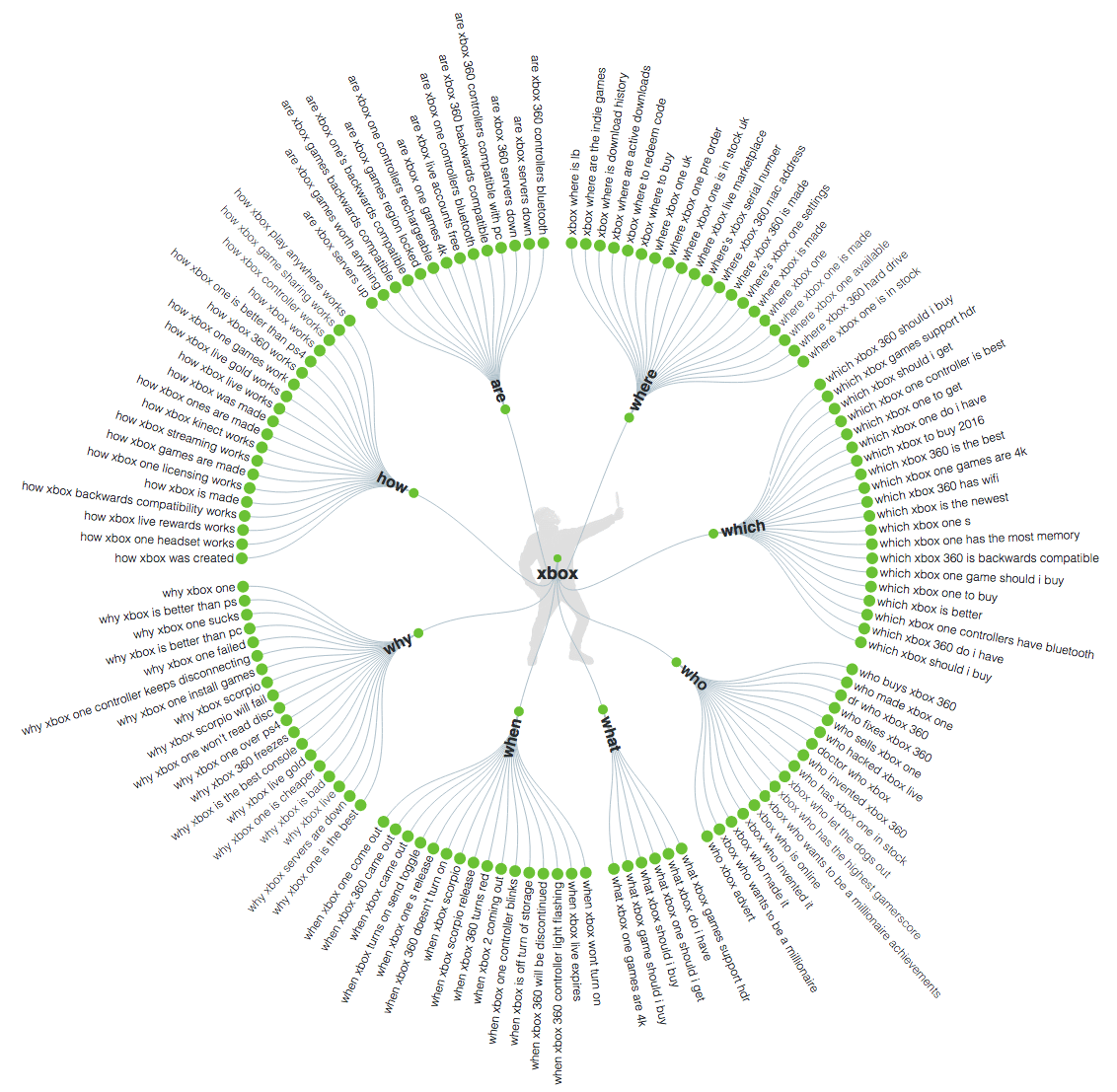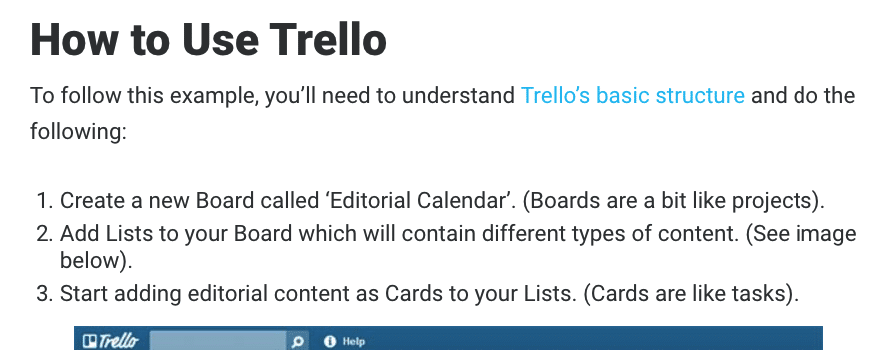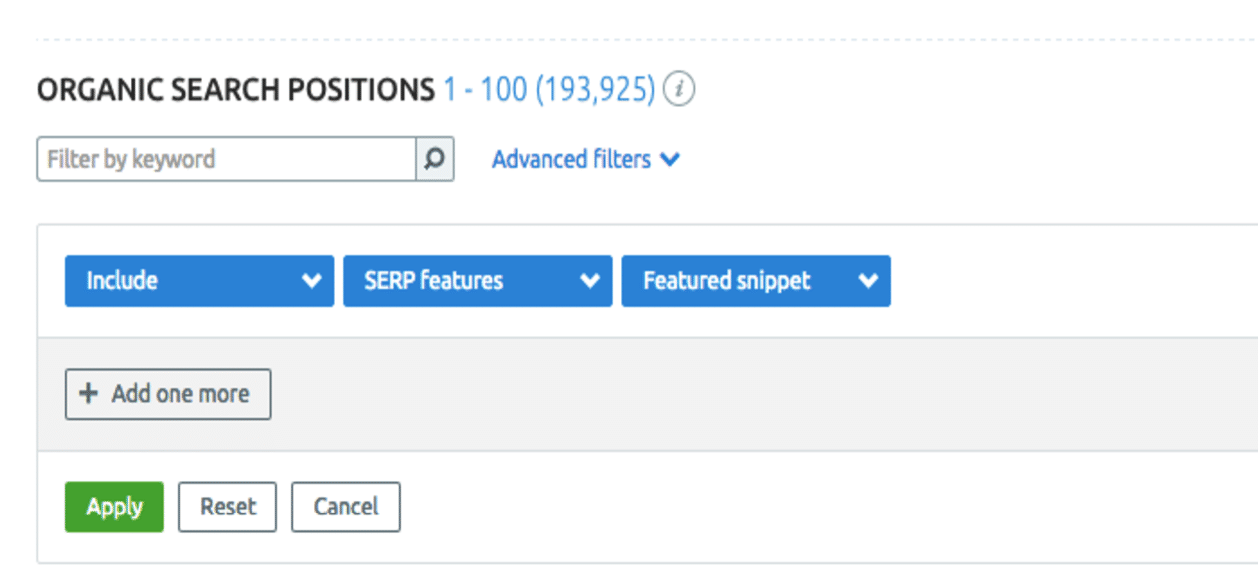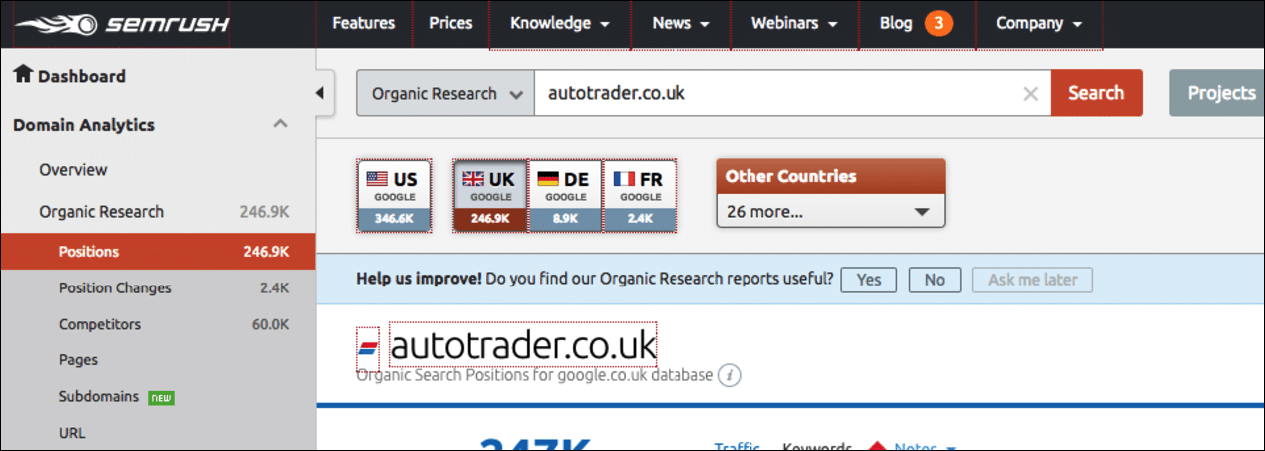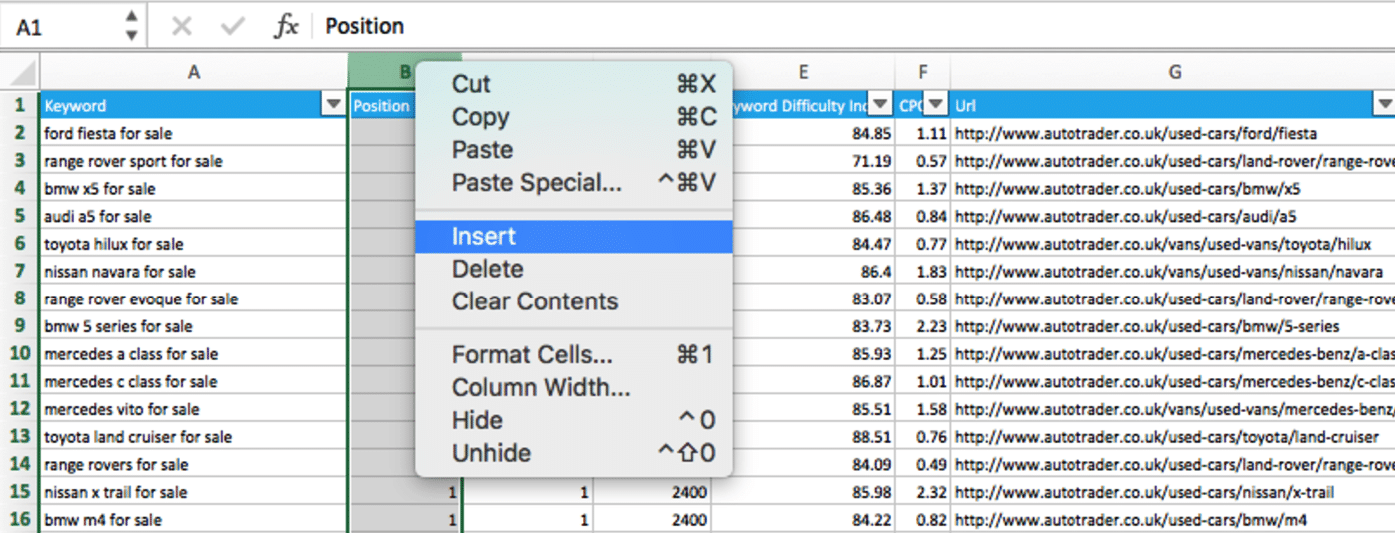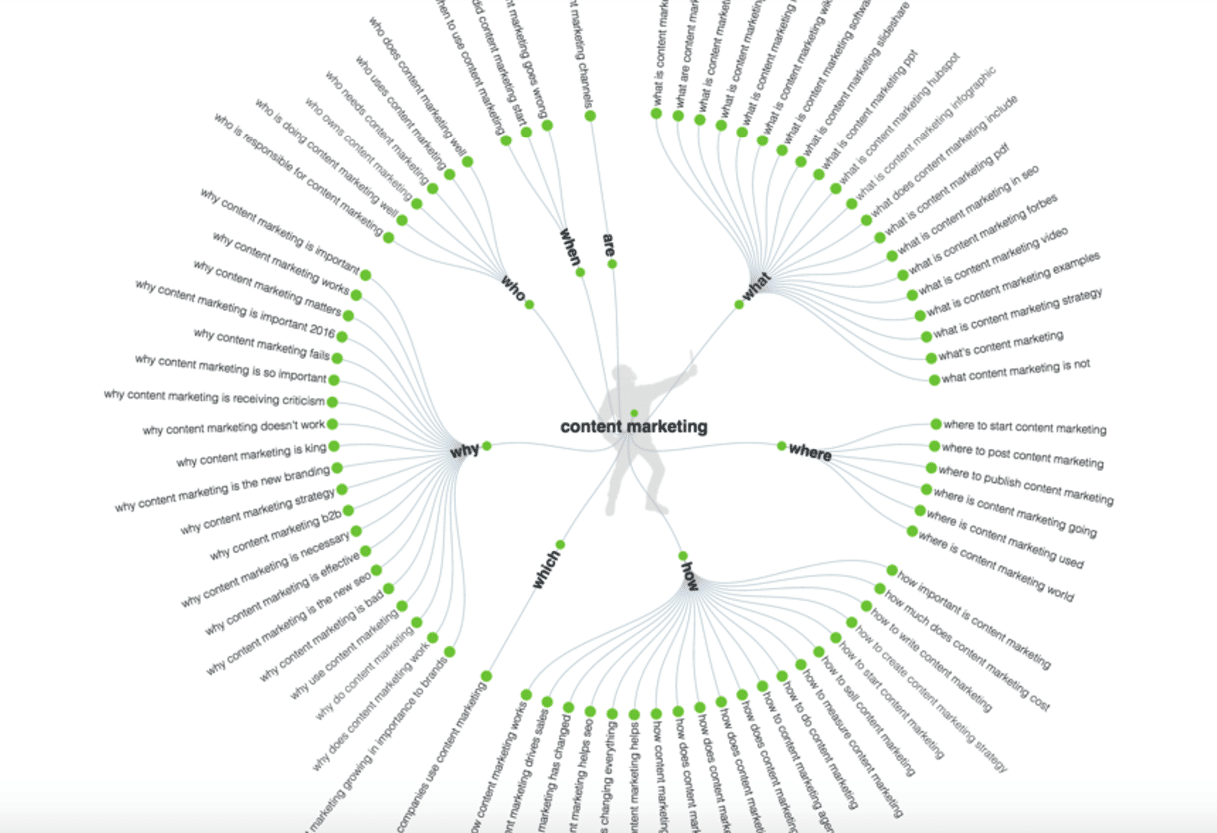Want to increase the click-through rate to your site by 100%? Not a bad proposition right?
This is why you should be thinking about featured snippets for EVERY piece of content you write.
Featured snippets have been a hot topic this year, but this post will give you a:
- Business case and proposition to put to higher management
- Checklist process to pass directly to your in-house content team / outsourced agency
- The process to help you identify SERPs and keywords to target
All of this helping you to be more efficient when taking your content strategy to the next level.
Why optimise your content for featured snippets?
Simple. To increase your SERP click-through rate. A higher click-through rate means more traffic to your domain and less to your competitors…
The principles of SEO are still the same:
- the higher up the SERPs you are, the higher click-through rate you receive
- the more real-estate you have, the higher chance of a click
Featured snippets can help achieve both of these.
The downside? It’s likely your content may need some optimising or a re-structure all together & there’s no guarantee why or who gets the winning slot.
If you’re struggling to get buy-in from higher management or the developer/writing team to change the way your content is structured – you’ll need some data to back up your claims and show them why you’re pushing for change. If you are struggling to get buy-in we’d recommend starting small and optimising 5-10 posts, when you start to see results this will help you get buy-in to change future content.
Where do you get this data from? There’s no better resource than getstat.com’s featured snippet analysis.
Their incredible study found that at the start of 2016, 10% of SERPs had a featured snippet – this is probably higher now and likely to rise in the future.
Here’s the summary of Get Stat’s data:
We’ve seen our clients CTR increase from anywhere between 50% up to 100%. It’s worth the effort.
Below is an example of one of our Re:signal blog posts: How to create an editorial calendar using Trello appearing in a rich snippet:
What are featured snippets?
There are 3 known featured snippets:
These should not be confused with rich cards – these are a different SERP feature.
Featured Snippets vs Rich Card vs Rich Snippets vs Knowledge boxes
Featured Snippets are described above with different examples. Rich Cards are an evolution of Rich Snippets as illustrated in Google visual below:
Knowledge boxes, on the other hand, are results and answers provided directly by Google, often with no linking reference for example:
How to optimise your content for featured snippets?
The key to optimising your content is to ensure it is structured correctly which allows Google to ‘Feature’ a snippet of your content.
URL
Typically URLs also match the focus keyword for the featured snippet. For example: httpss://www.example.com/focus-keyword. Using the post as an example, we can see that our URL directly references ‘editorial calendar using Trello’ outlining the purpose of the post.
httpss://www.blueglass.co.uk/blog/create-editorial-calendar-using-trello-need-one/
Are H1 Tags Important For Featured Snippets?
<h1>Include your target phrase here</h1>
Yes – header tags are an important step to structuring content.
Your header tags should focus on the search query you are targeting, typically a question or answer to a question, this should contain the exact match keyword you’re targeting. The text that follows this header should directly answer the question or search query in the header tag.
We can see that our example posts is getting pulled in from its H2 tag which is ‘How to use Trello’
How to Optimise Subheadings For Featured Snippets?
Subheadings are key to maintaining the structure of your content.
You should aim to cover a topic in depth, typically covering the what, who, how, where, why queries that readers may have around your topic. This can also help to show Google you have covered the topic in depth.
1 of the 84 things we learned at pubcon:
One of the best tools to identifying who, what, where, why question is answerthepublic.com. Put in your topic and you will get a visual of the types of questions people search for, as shown in the example below:
Cherry-pick the best questions that match your topic and where relevant match up to search volume to help prioritise (the data can also be exported into excel)
How to Optimise your HTML for Featured Snippets?
It’s important to use relevant HTML to mark-up for your content, the Getstat.com data shown us that list, paragraphs, bullet points and tables work best. Therefore you should be optimising your text with the relevant HTML tags:
- Ordered Lists: An ordered lists starts with <ol> and continues with the typical <li> tags with a closing </ol> tag.
- Bullet points: Can be used through the unordered list markup which starts with <ul> and continues with the typical <li> tags with a closing </ul> tag.
- Paragraphs: Paragraphs are a standard <p> with a closing </p> tag.
- Tables: Tables are outlined using a <table> tag. Rows within the table are defined with the <tr> tag. Headers within the table are defined with the <th> tag.
For our example we’ve used the ordered list example outlining a 3 step process:
Which is being referenced by Google:
How long should the text be for Featured Snippets?
The word count displayed by Google, often varies however a typical rule of thumb is 50 characters. Google has advised that this content should be placed higher up the page.
How to identify SERPs with featured snippets?
When the topic of featured snippets is raised – a recurring challenge arises “how on earth do we know which SERPs to target!?”
Well we’ve developed a process you can use to help formulate your content strategy. These approaches can vary depending on the size of your site and how much data you have available.
How to Identify Featured Snippets using a Gap Analysis?
The best tool we’ve found for identifying featured snippets is SEMrush. This tool depends a lot on the size of your site. If you use the Re:signal site SEMrush gives nothing, not even the example we’ve used in this post.
For this example, we’ve used two large motoring sites – using AutoExpress to identify current snippets and compare them to market leaders AutoTrader.co.uk to see where the gap is.
How to use SEMrush to Identify and Track Featured Snippets?
- Put your domain into SEMrush
- Navigate to Organic Research > Positions
- Apply an advanced filter to only show for ‘SERP features’ and select ‘featured snippets’
These are the SERPs that AutoExpress currently have featured snippets appearing. Great. Now what? Now we identify where the gap is compared to competitors…
What SERPs do we rank in the top 10 for that have a featured snippet that we’re currently not in? This is where the opportunity is!
This is our 8 step process to identify where this opportunity is:
- Input your competitor domain
- Complete the same filter process as above and export into excel
- Next, put your domain into SEMrush & grab all of the keywords you rank in the top 10 for, excluding brand terms too (although you can include these in if you think competitors are outranking you for your brand)
- Merge the 2 excel downloads into a single excel document & insert a blank column in B in your competitor data
- Rename your tabs to the following
- In cell B2, do a Vlookup using the formula “=IFERROR(VLOOKUP(A2,’Our Rankings’!A:B,2,FALSE), “no”)”
- Finally, filter out all of the cells in B that say ‘no’. This will allow you to see which keywords you rank in the top 10 for that your competitors are dominating the knowledge box for.
- Next step is to optimise your content as outlined in the previous section
Insights From Analysis
Below are a handful of examples we’ve found from this quick analysis for Autoexpress, we can see that Autotrader are dominated the features snippets for price related terms despite Autoexpress ranking well.

Digging deeper again we can see that there are different pages ranking for these terms, For the term ‘Audi R8 price’ – Auto Express are in the featured snippets they have this landing page ranking:
https://www.autoexpress.co.uk/audi/r8/64529/new-audi-r8-full-details-from-geneva-and-uk-prices
Which is an article specific about pricing for the Audi R8. However, when we look at some of the SERPs where Autotrader are in the featured snippets we can see that it’s actually the AutoExpress review pages that are ranking for these:
https://www.autoexpress.co.uk/audi/rs5
With no specific mention of price, the pricing and specs on the Autoexpress site actually rank on a separate URL https://www.autoexpress.co.uk/audi/rs5/prices-and-specs which direct you to a sister website.
From this quick analysis there are 2 recommendations for Auto-Express:
- Integrate pricing and specs on to their main review landing pages that are able to compete with Autotrader, marked up using the recommendations in this post
- If this can not be done due to the relationship between the sister website then they will need to create more landing pages along the same route as the ‘Geneva and UK prices landing page’. With the appropriate markup and optimisation.
Additional ways to identify existing SERPs with featured snippets:
- WMT data for how terms
This is a much more manual process but still effective: In your Search Console you can filter for ‘How to’ terms then sort by rank, like this:
Manually searching through these terms we quickly found this featured snippet:
We can see the blog there in 3rd place, it’s going to be tricky to knock Google out of this box however it’s worth a go!
You can see how this approach has worked much more effectively for us as opposed to the SEMrush approach above.
The following two approaches do not automatically take rank into consideration, they can be matched up using a rank check tool and a simple Vlookup in excel. It’s best to use the Search Console approach above first to identify low hanging fruit and this one to guide new content and longer-term opportunities as the likelihood is if you don’t rank for these terms it may take over a month to start seeing results.
The aim of this process is to identify the ‘How to’, ‘What’, ‘Who’ and ‘Why’ terms that are available for a specific topic. For this our recommended tools are:
- Answerthepublic.com
Putting in your topic you will get a nice visual of these type of longer tail information searches:
These can also be exported to excel to match up with search volume and rank.
- Serpstat.com
This tool has a nice feature that allows you to identify long tail search terms around a term, for example:
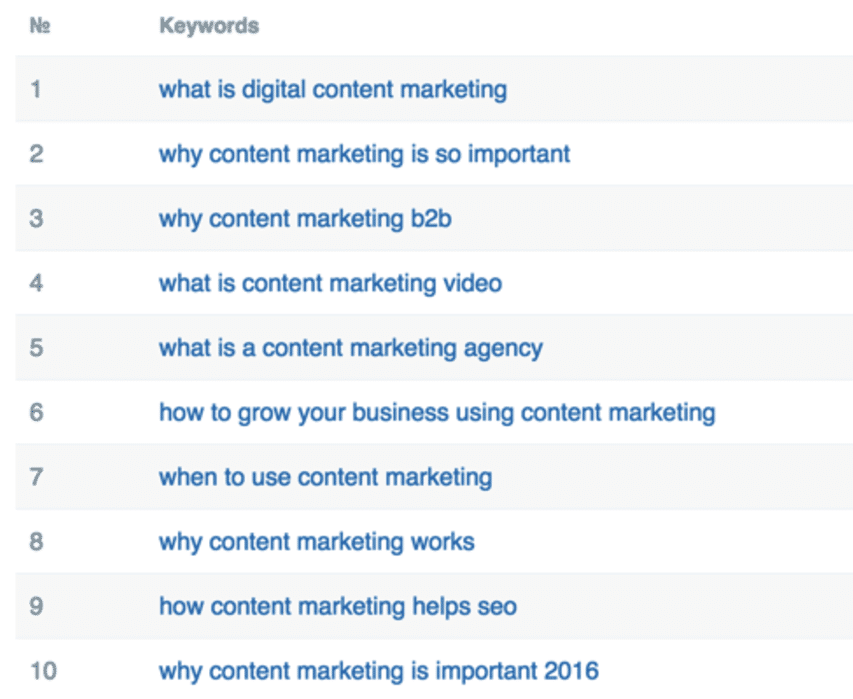
Featured Snippets have become a big factor in SEO and content marketing throughout the course of 2016 with no signs of them disappearing anytime soon. Outlining a clear process to optimising your onsite copy and identifying a gap vs your competitors can be an a vital addition to your content marketing strategy.

